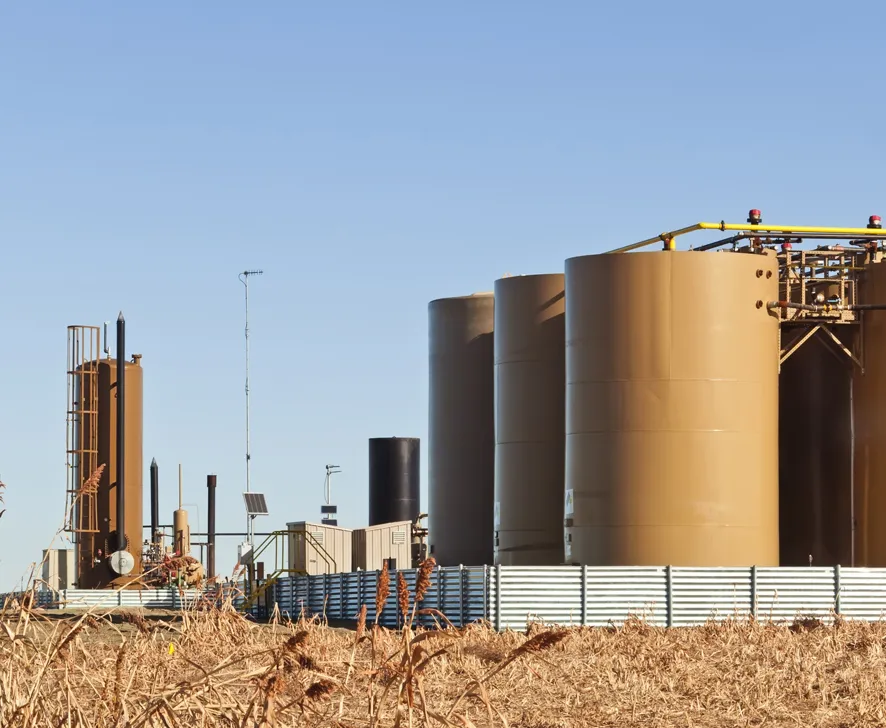Colorado Rising suit challenges constitutionality of oil and gas pooling
BROOMFIELD — Colorado Rising, a group that seeks to increase regulations on oil and gas operators, has filed a lawsuit on behalf of mineral rights owners in Broomfield that challenges the constitutionality of provisions of state law that allow for an industry practice called pooling.
Pooling — referred to by critics as “forced pooling” and by the oil and gas industry as “statutory pooling” — is a way for oil and gas operators to access underground minerals owned by another party.
Those other parties, who receive a royalty on the proceeds for oil or gas…
THIS ARTICLE IS FOR SUBSCRIBERS ONLY
Continue reading for less than $3 per week!
Get a month of award-winning local business news, trends and insights
Access award-winning content today!




